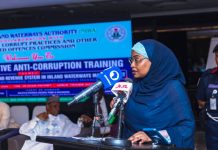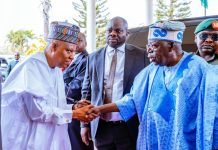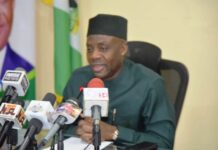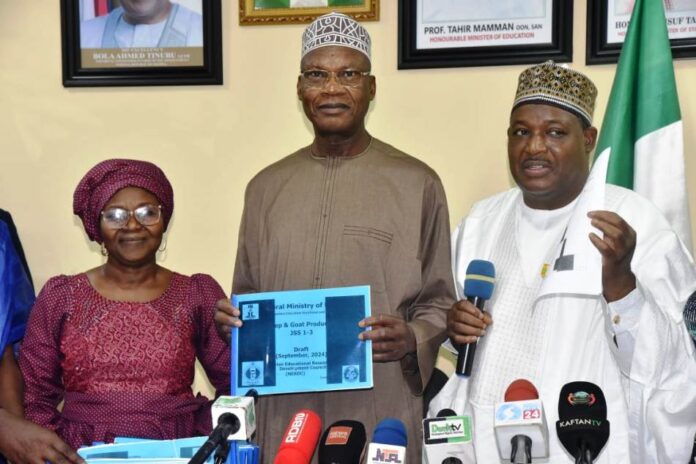
The Honourable Minister for Education, Professor Tahir Mamman, has unveiled a comprehensive roadmap to revolutionize Nigeria’s basic education system, aimed at equipping students with critical skills to thrive in a rapidly evolving global economy.
“Our revamped curriculum is designed to bridge the gap in learning poverty and youth unemployment by providing our children with the 21st-century skills they need to become self-reliant and globally competitive,” Mamman declared during a stakeholders’ meeting in Abuja.
The Minister further announced the introduction of 15 new trades into the Basic Education curriculum, which will be implemented from January 2025, to foster practical skills and enhance the employability of graduates from primary and junior secondary schools.
These trades include Basic Digital Literacy (IT and Robotics), plumbing, event decoration, solar installation, and garment making, spanning sectors such as construction, hospitality, technology, and agriculture. Students will initially be exposed to a variety of occupational subjects but will ultimately select one or two trades to specialize in, enabling them to contribute meaningfully to Nigeria’s economic growth.
As part of the curriculum overhaul, Mamman also highlighted that teacher training, the development of teacher guides, and infrastructure improvements are currently underway. Preparations are expected to be completed by December 2024, ensuring both private and public schools are ready for the full implementation. Additionally, the Senior Secondary Education Curriculum is scheduled for implementation in September 2025.
Earlier speaking, Dr. Nasir Sani-Gwarzo, Permanent Secretary of the Federal Ministry of Education, echoed the Minister’s remarks, praising the efforts of the National Educational Research and Development Council (NERDC) in fast-tracking the curriculum review despite challenges.
He commended the leadership team for their commitment to ensuring the timely execution of the project.
Also addressing the gathering, Dr. Margret Lawani, Acting Executive Secretary of NERDC, provided insights into the broader framework of the curriculum, which integrates over 20 occupational subjects.
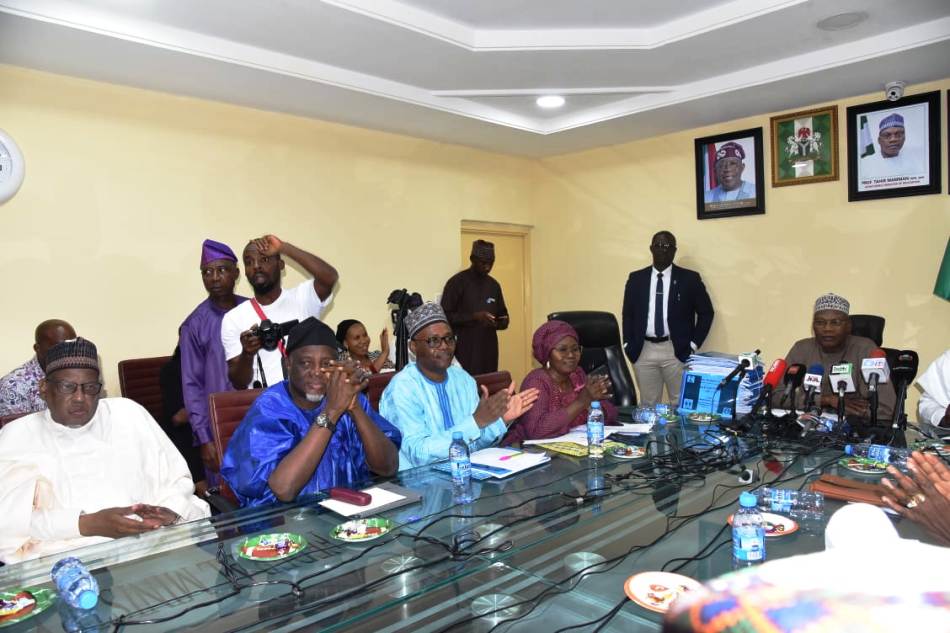
These subjects, tailored to regional needs, include trades like plumbing, event management, solar installation, and poultry farming, ensuring that the curriculum addresses both emerging skills and local economic needs.
Dr. Lawani emphasized that this competency-based approach is designed to make Nigeria’s education system globally competitive and adaptable to future challenges.
Further elaborating, Dr. Garba Gandu, Director of Curriculum at NERDC, underscored the global competitiveness of the updated curriculum.
He highlighted the integration of STEAM (Science, Technology, Engineering, Arts, and Mathematics) and digital literacy, which will equip students with essential skills for both national and international opportunities.
Dr. Gandu expressed confidence that this modern, competency-based curriculum will prepare students for a productive and prosperous future, both within and beyond Nigeria.
Signed
Boriowo Folasade
Director, Press & PR



